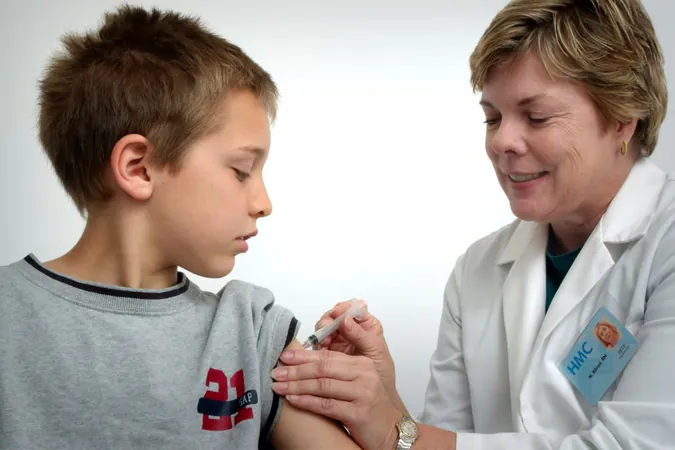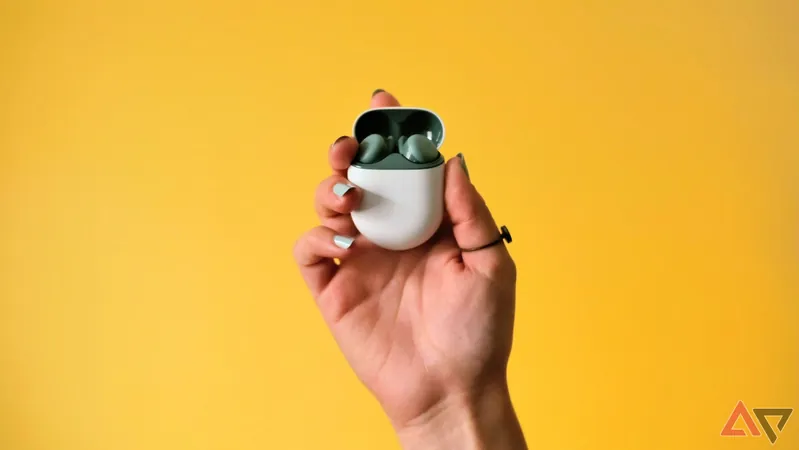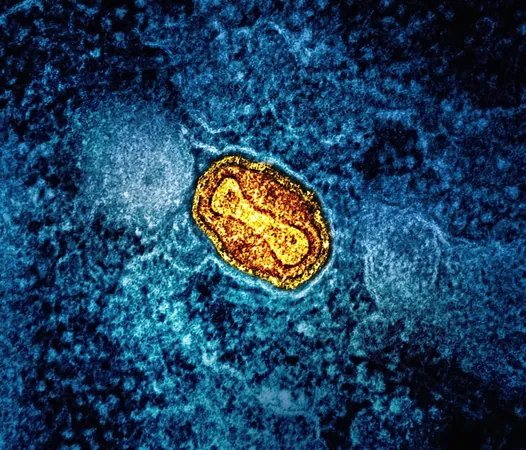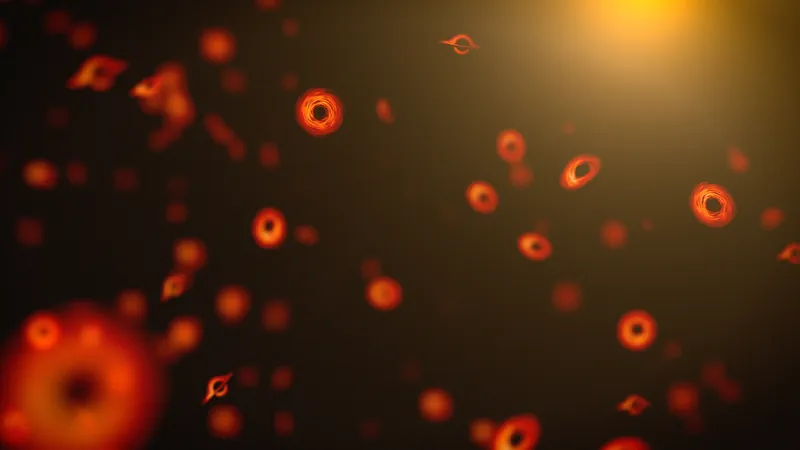
Revolutionary Study Unveils Groundbreaking Treatment for Male Postpartum Depression – What Every New Dad Needs to Know!
2024-10-02
Toronto, Canada – October 2, 2024
A groundbreaking study led by the Centre for Addiction and Mental Health (CAMH), in collaboration with top researchers from Pakistan, has revealed an innovative psychosocial intervention designed to tackle male postpartum depression (PPD) effectively. This research highlights a significant leap in understanding the emotional challenges faced by new fathers and offers hope for improving not just paternal mental health, but also child development outcomes.
Dr. Ishrat Husain, the study's lead investigator and a senior scientist at CAMH, emphasizes the importance of this research: “Male mental health, particularly postpartum depression in fathers, is an area that has long been overlooked. While maternal health has historically received much attention, it’s crucial we recognize that fathers also encounter considerable emotional hurdles when stepping into their new roles.”
Shocking statistics suggest that approximately 10% of fathers globally experience PPD, but the numbers soar in traditional societies such as Pakistan, where rates may reach a staggering 23.5%.
The study, published in JAMA Psychiatry, involved 357 fathers from low-income households in Pakistan, divided into two groups—one receiving standard care and another participating in the four-month Learning Through Play Plus Dads (LTP + Dads) program. This unique initiative, adapted from a successful program for mothers, aims to enhance parenting skills while addressing mental health needs.
Participants of the LTP + Dads program were guided through structured calendars detailing developmental milestones and were engaged in twelve group sessions over four months. These sessions combined cognitive behavioral therapy with practical life skills training, fostering essential topics like emotional regulation and time management. Remarkably, over 70% of participants reported a complete remission of depressive symptoms by the end of the program, with the added benefit of improved relationships with their children and partners.
The outcomes not only highlight significant enhancements in fathers’ mental health but also demonstrated notable improvements in children's social and emotional development. “I used to get aggressive with my family, including my children,” shared one father. “Now I understand the emotional impact on my child and how my behavior affected our bond.”
Another surprising discovery linked the LTP + Dads program to a notable reduction in intimate partner violence among participating fathers, suggesting that improved mental health can lead to healthier family dynamics. Dr. Husain noted, “This indicates that addressing PPD can also create safer home environments, an essential outcome for any intervention.”
Dr. Husain believes this model could thrive in various contexts, including Canada, as societal pressures often inhibit men from seeking mental health support. “Patterns of male PPD likely mirror those in Canada—a diverse nation where stigma and cultural beliefs can prevent fathers from getting the help they need. We envision programs like LTP + Dads as transformative in aiding men’s transition to parenthood.”
This study, funded by Grand Challenges Canada in partnership with Pakistan Institute of Living and Learning (PILL), is just the beginning. With $2 million in further funding, the team is set to expand the program nationwide, aiming to reach nearly 4,000 fathers and their families, potentially benefiting 8,000 parents experiencing depression.
The long-term vision? To make the Learning Through Play Plus initiative a staple in mental health care not just in Pakistan but globally, ensuring that fathers everywhere have access to the support they need. This research paves the way for a brighter future for families, highlighting the undeniable importance of addressing mental health for both parents and children.









 Brasil (PT)
Brasil (PT)
 Canada (EN)
Canada (EN)
 Chile (ES)
Chile (ES)
 España (ES)
España (ES)
 France (FR)
France (FR)
 Hong Kong (EN)
Hong Kong (EN)
 Italia (IT)
Italia (IT)
 日本 (JA)
日本 (JA)
 Magyarország (HU)
Magyarország (HU)
 Norge (NO)
Norge (NO)
 Polska (PL)
Polska (PL)
 Schweiz (DE)
Schweiz (DE)
 Singapore (EN)
Singapore (EN)
 Sverige (SV)
Sverige (SV)
 Suomi (FI)
Suomi (FI)
 Türkiye (TR)
Türkiye (TR)